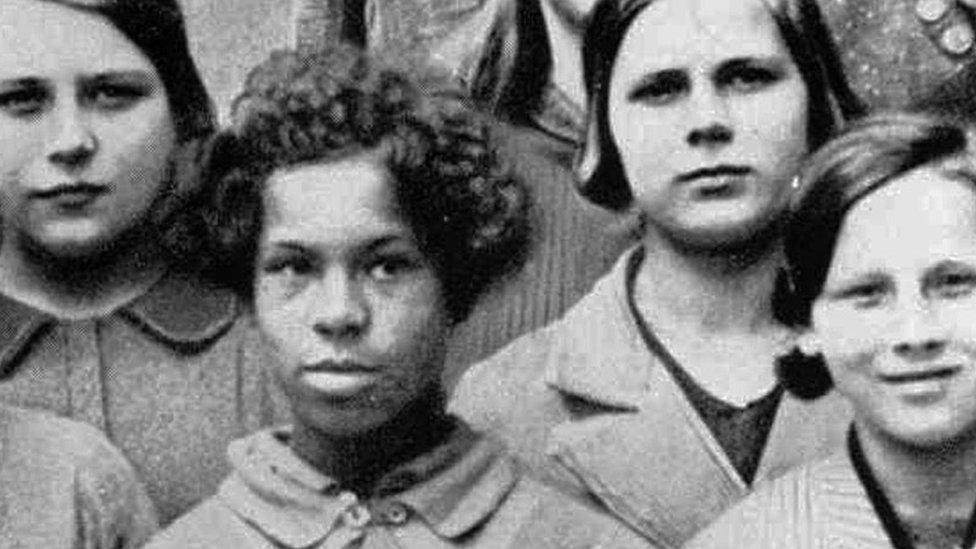Austrian man leaves 'large amount' to village that saved family from Nazis
- Published
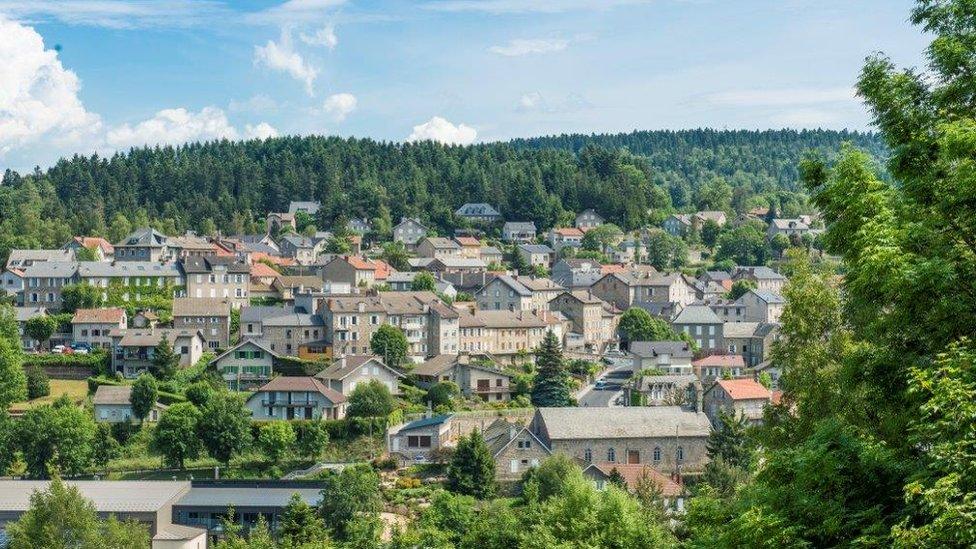
Le Chambon-sur-Lignon, in south-east France, protected thousands of Jews
An Austrian man has left a bequest to a French village as a gesture of gratitude decades after residents took in his family during World War Two.
Le Chambon-sur-Lignon, in south-east France, protected thousands of Jews and has a long-standing reputation for shielding people from persecution.
Eric Schwam, who died last month at 90, arrived there with his family in 1943.
The town's mayor says he left the village a "large amount" in his will, without confirming a figure.
But his mayoral predecessor told local media Mr Schwam had enquired with officials years ago and the total is thought to be about €2m (£1.7m; $2.4m).
Denise Vallat, culture and communication assistant at Le Chambon-sur-Lignon, said the town was contacted by a notary about three weeks ago to discuss the donation, external.
"He was a very discreet gentleman and he didn't want a lot of publicity about his gesture," she was quoted by France 3 as saying. "Little is known about the donor but we did some research."
According to that research, Mr Schwam's family were originally from Vienna, where his father was a doctor.
He arrived in the town in 1943 with his parents and a grandmother. It is not known how the refugee family got there, but they had previously been held at Rivesaltes camp, a military facility in southern France used to intern civilians, before its closure in 1942.
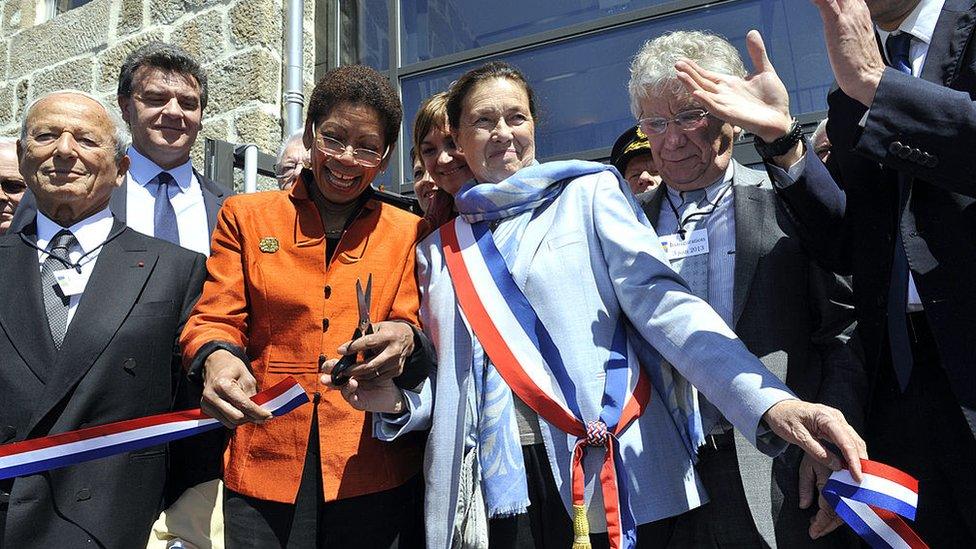
The village opened a memorial site to its resistance efforts in 2013
Records suggest Mr Schwam's parents returned to Austria after the war but he moved to Lyon in 1950 to study pharmacy.
It was there he met, married and lived with his future wife. According to local reports, the couple did not have children and he was a widower before his death on 25 December.
Mayor Jean-Michel Eyraud told AFP that Mr Schwam's fortune would be used to fund education and youth initiatives.


Le Chambon-sur-Lignon has a population of only about 2,500 people but has a reputation as a place of refuge dating back to the French Protestant Huguenots who fled religious persecution during the 17th Century.
During WW2, a local pastor and his wife led calls to protect Jewish refugees from the occupying Nazis and Vichy French collaborators. Word spread through human rights groups and word of mouth and the village became a hub of the resistance movement, with ordinary residents taking in and hiding those who fled.
Le Chambon-sur-Lignon was later recognised by Israel for its extraordinary effort.

You may also be interested in:
World War Two 'land girls' memories added to archives
Related topics
- Published29 December 2020
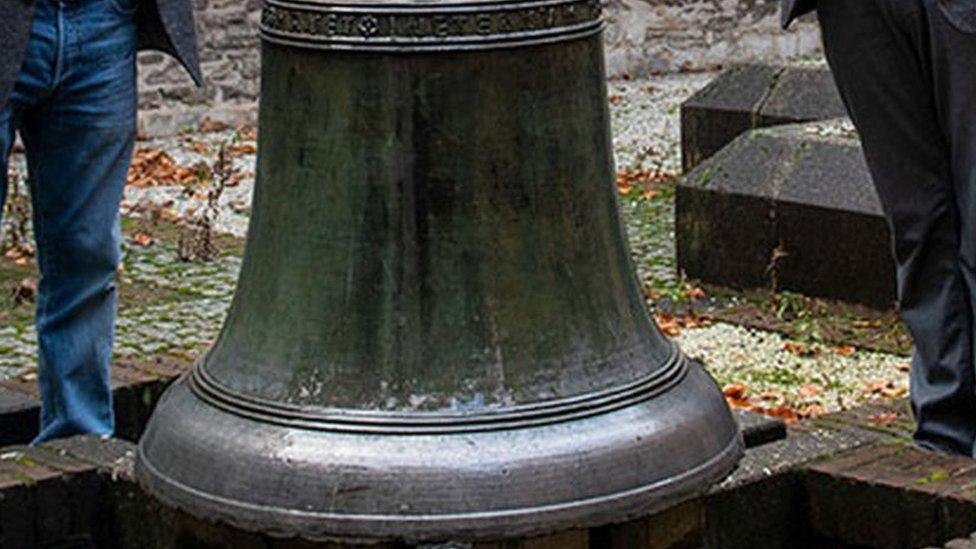
- Published6 August 2018
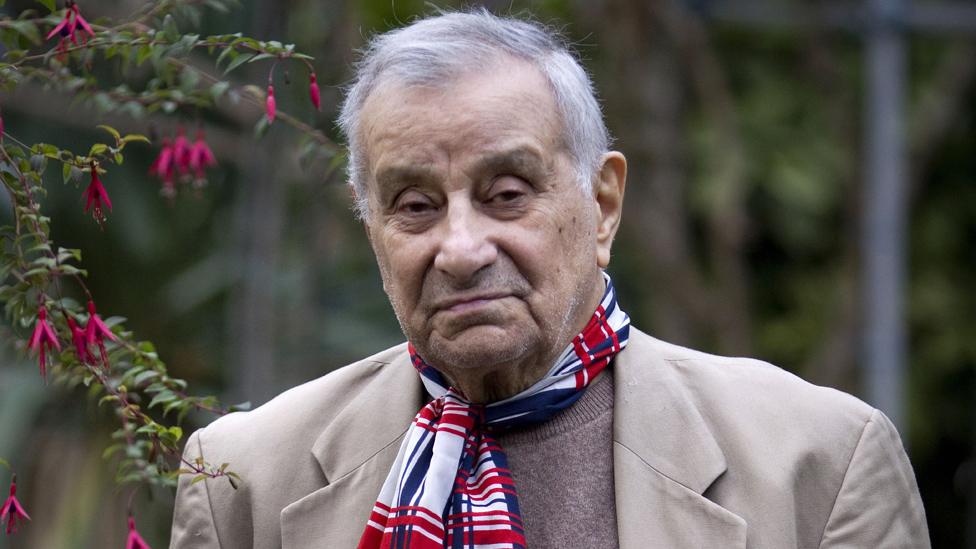
- Published28 October 2019
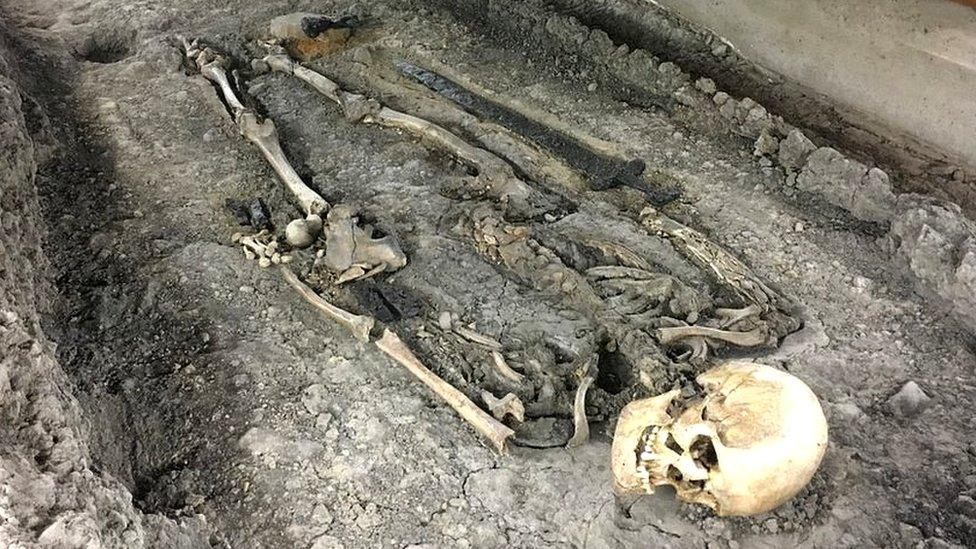
- Published22 May 2019
